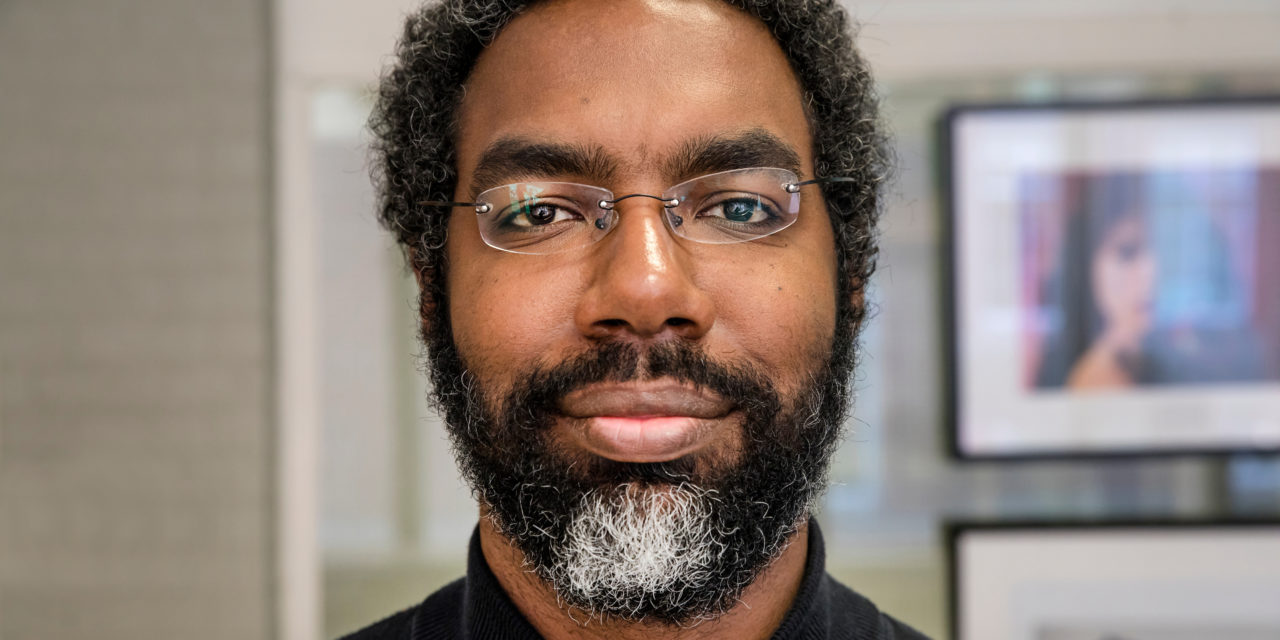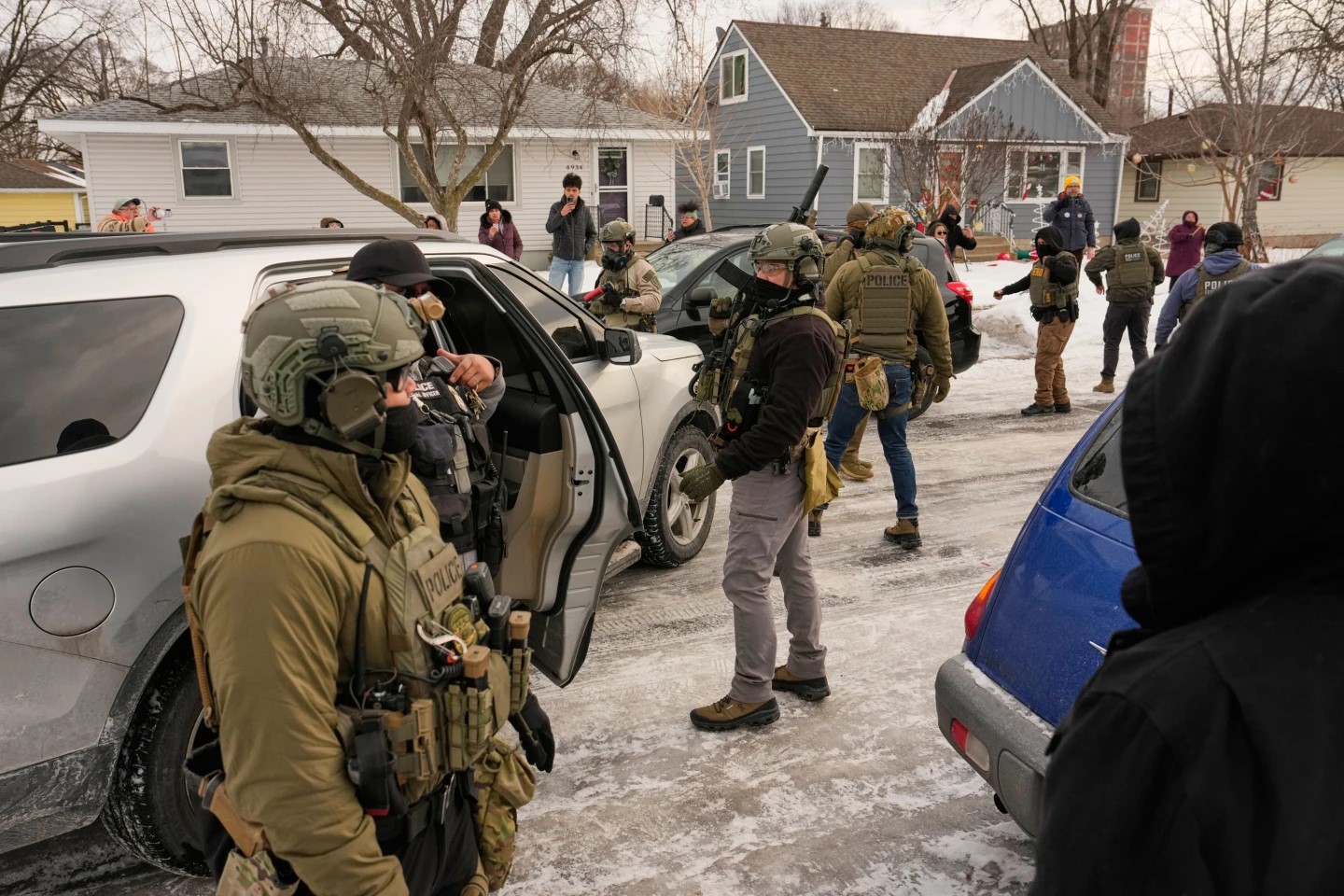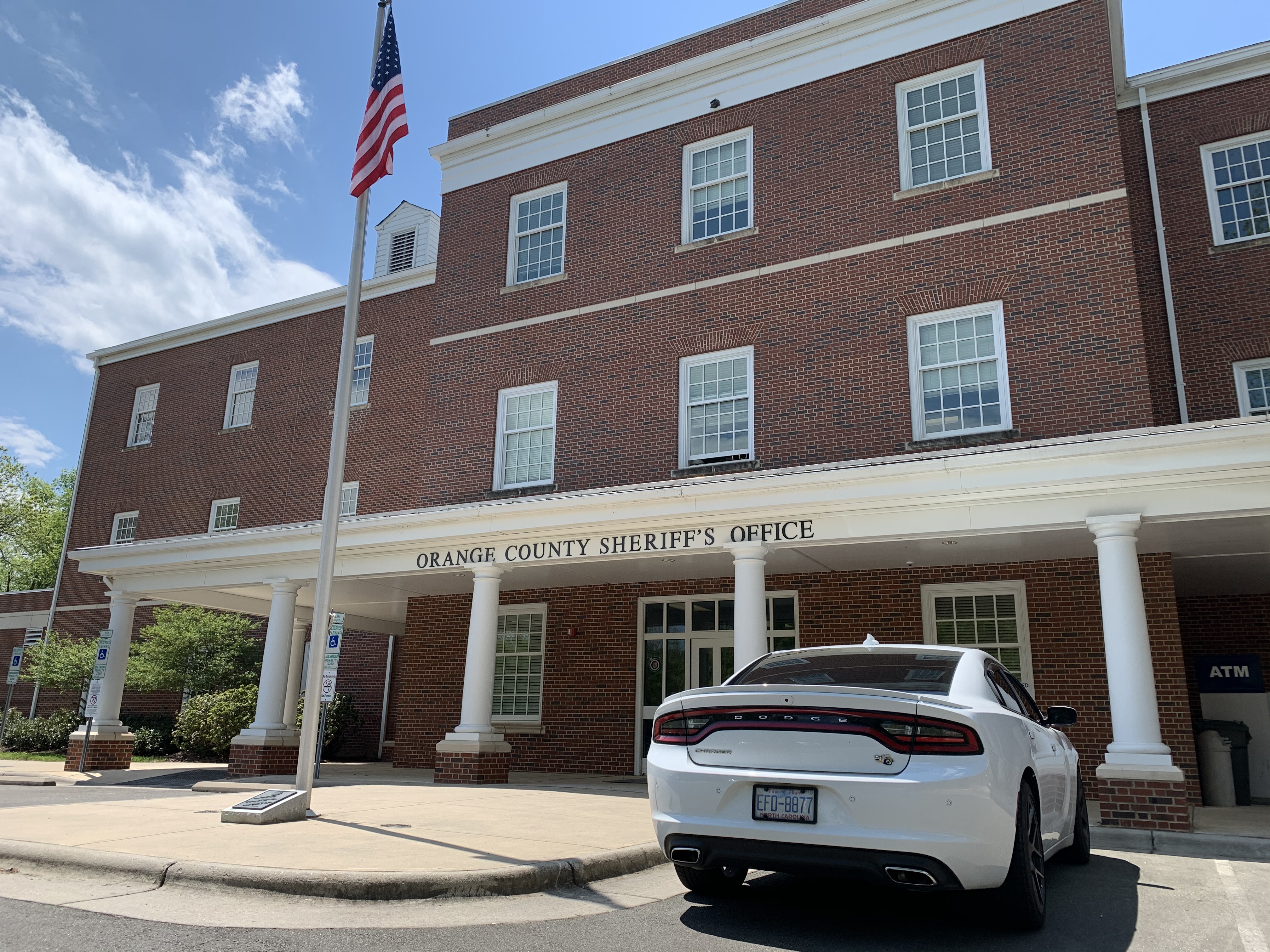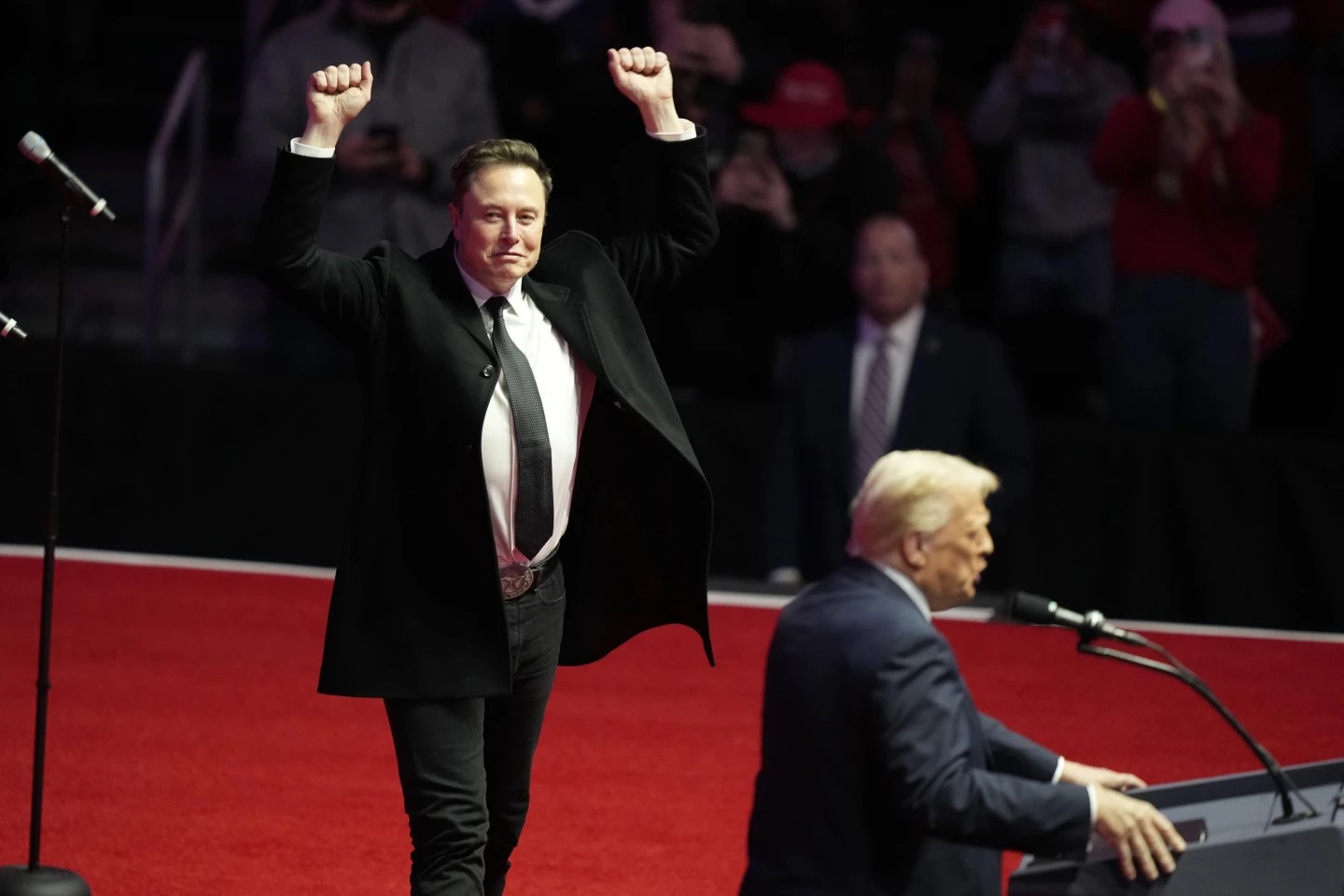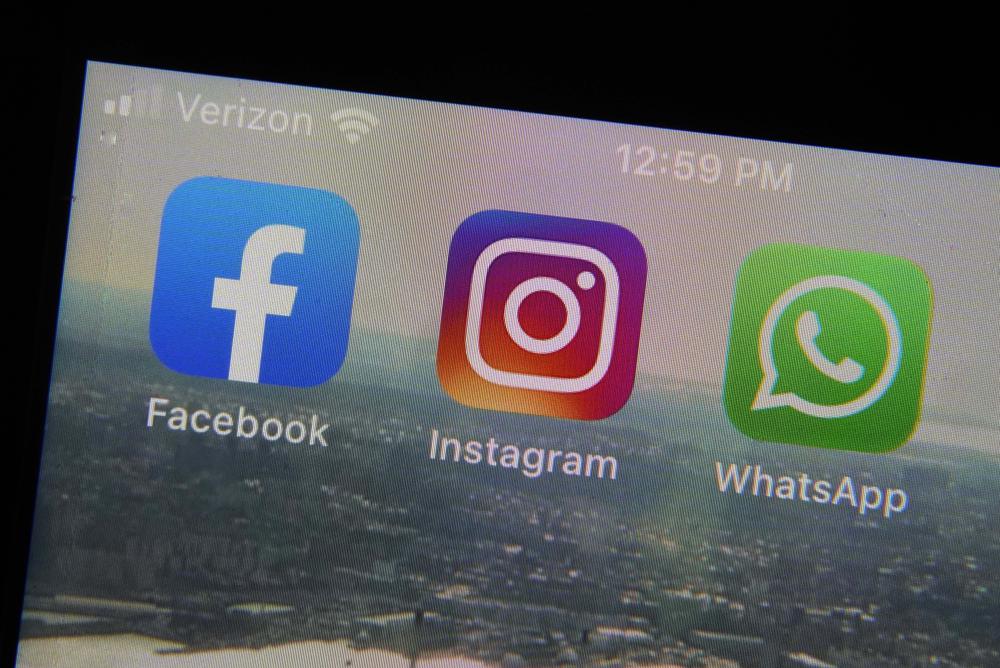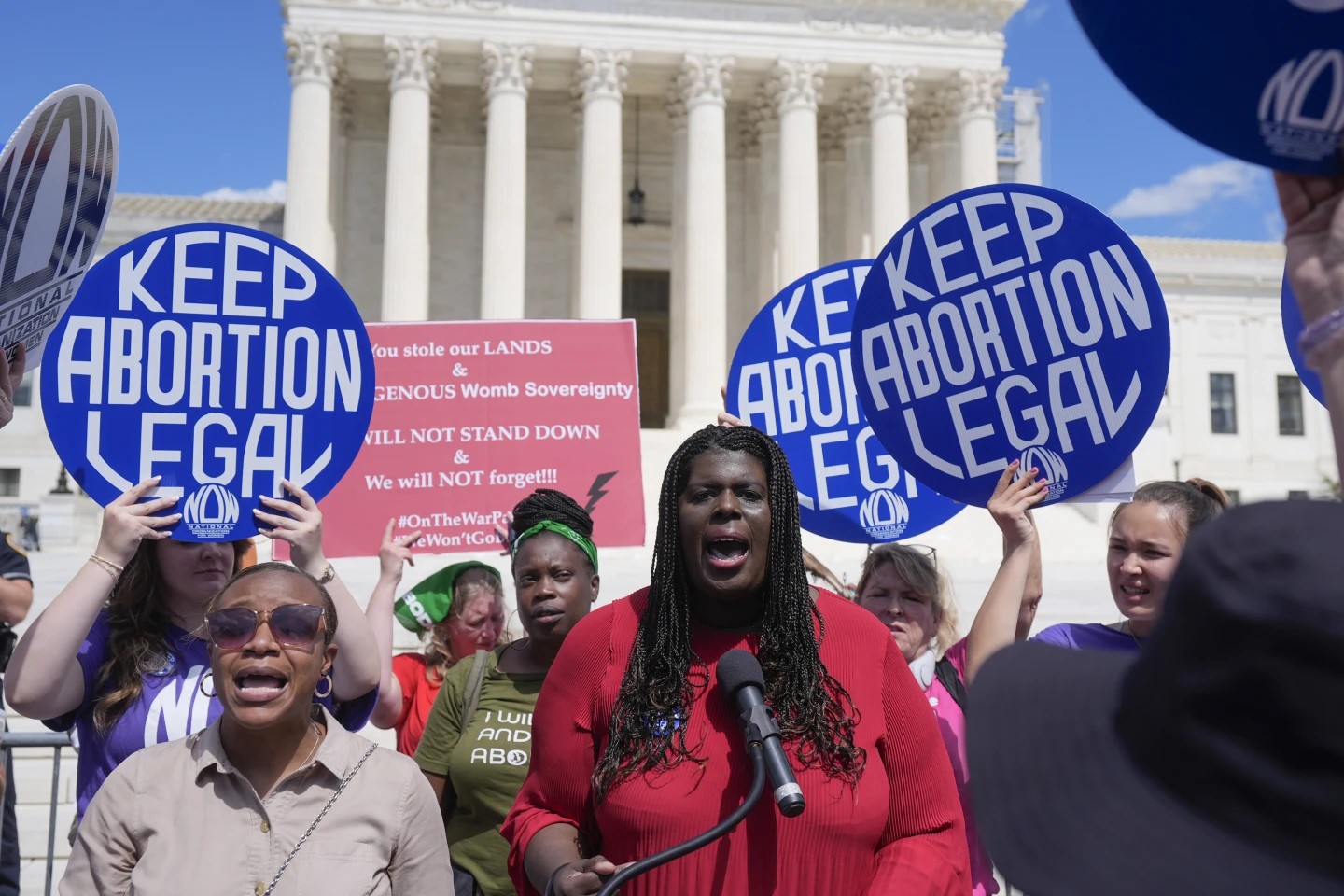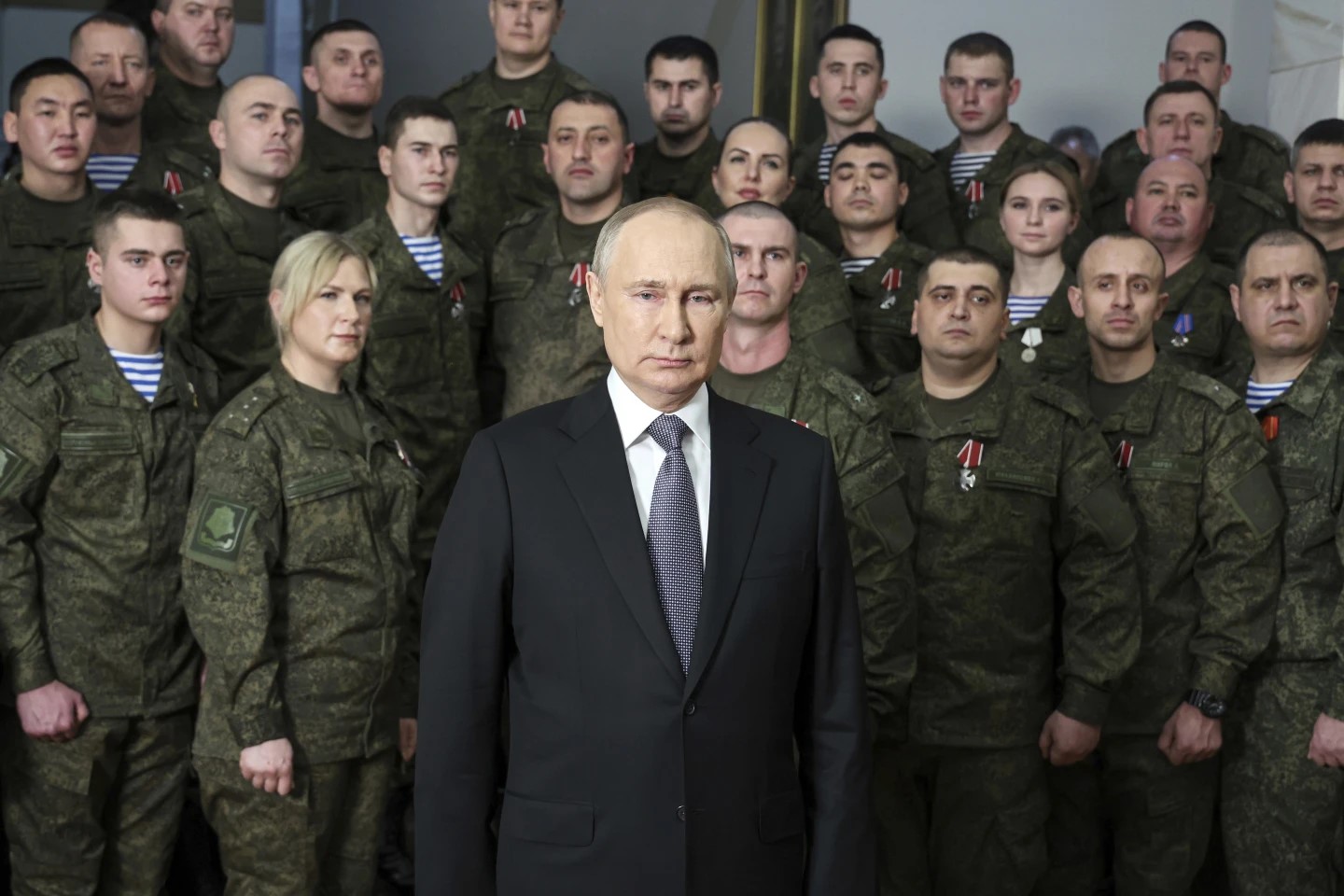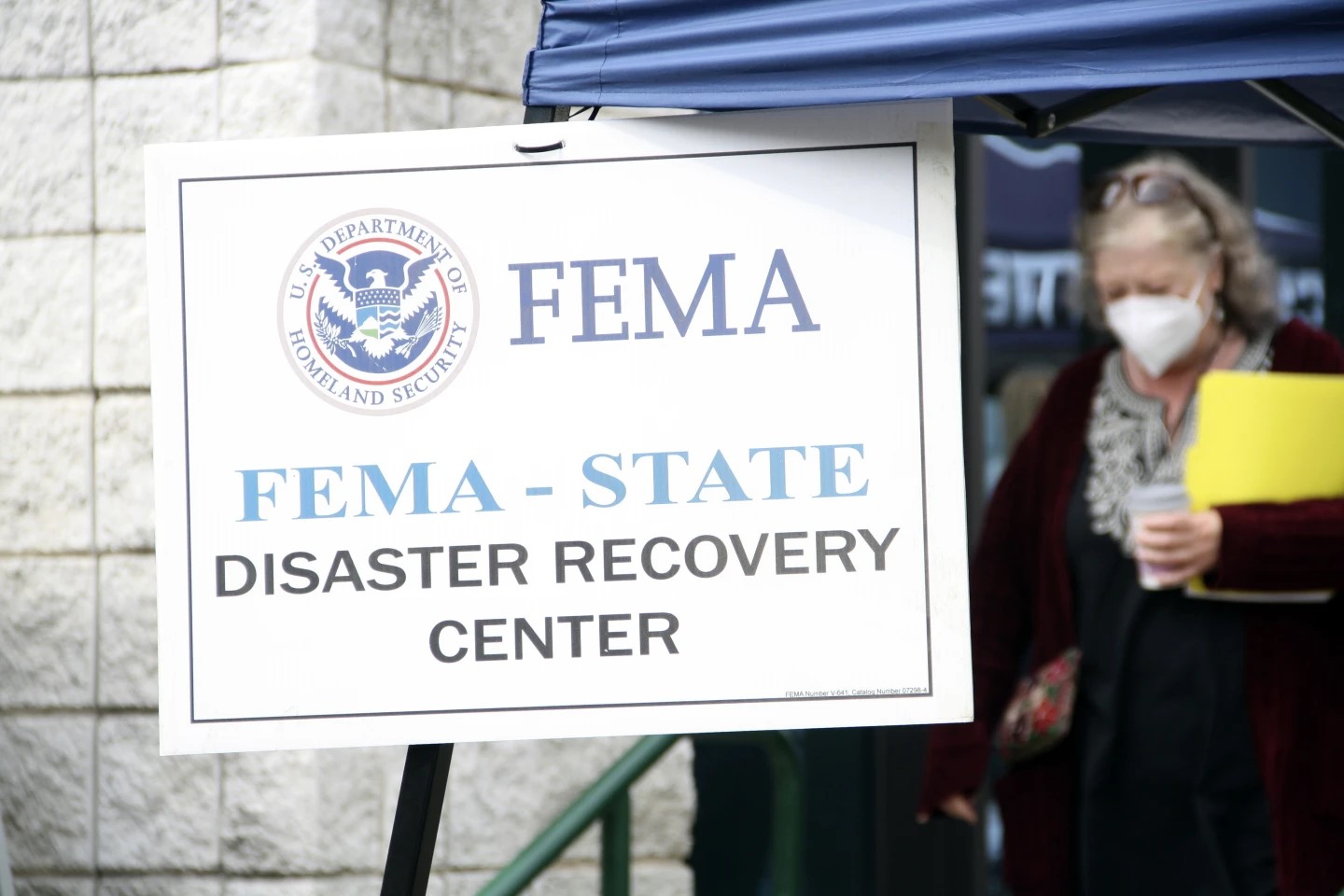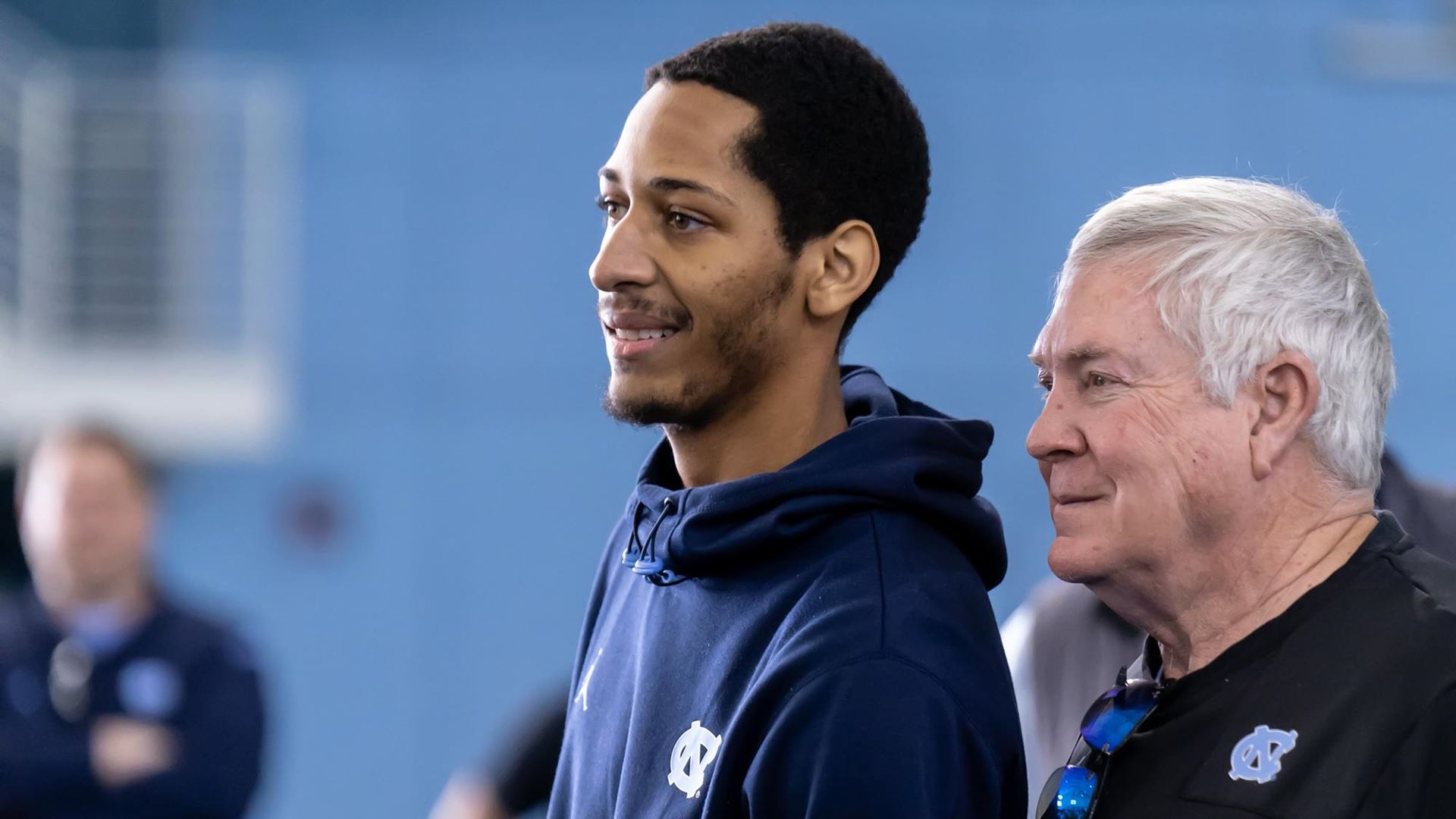Tune in to Focus Carolina during morning, noon and evening drive times and on the weekends to hear stories from faculty members at UNC and find out what ignites their passion for their work. Focus Carolina is an exclusive program on 97.9 The Hill WCHL, sponsored by the University of North Carolina at Chapel Hill.
At UNC’s School of Media and Journalism, Dr. Deen Freelon is studying how citizens express their political opinions through social media.
He also studies how large digital data sets from social media platforms like Twitter can be analyzed and used in research.
“One area that my research focuses on is communication between citizens about politics on the Internet,” Dr. Freelon said. “So as your listeners who have been on the Internet are probably well aware, there’s a lot of that, right, and there’s a lot of that on social media.”
In "Computational Research in the Post-API Age," I sketch the future of API-based social media research. Spoiler alert: we have some tough choices ahead. https://t.co/O0wIjMQhs0
— Deen Freelon (@dfreelon) August 21, 2018
At times when politics are at the top of the agenda, like during the release of the Mueller report, a much broader audience is willing to engage in these conversations.
In order to understand these trends, Dr. Freelon studies massive data sets on social media.
“I write software to be able to do things like analyze very large amounts of Twitter data, millions, tens of millions of tweets or other types of posts,” he said.
“I also look at very large data sets that consist of news transcripts and news articles to try to get insights out of those. And so that’s very hard to do using traditional approaches. Writing code is one of the only ways that you can analyze those kinds of data sets at scale.”
One of the variables Dr. Freelon discovered was the types of people who responded to different news outlets.
“The one major difference is that when you look at people who respond to Fox News, which was one of the news outlets that we looked at, those are primarily conservative, but the remaining news outlets, which for the New York Times, The Washington Post, Yahoo News and CNN, the vast majority of respondents were left to center there and that’s not super surprising.”
Listen to part one of the interview with Dr. Freelon:
In Dr. Freelon’s journalism classes, recognizing misinformation or disinformation has become a hot topic.
“In many cases, misinformation and disinformation, it’s very difficult to see them for what they are at the time, right?
“And so what that means is, and what I’ve told my students is, you want to understand that most pieces of information that you receive on a daily basis, the factual nature of this information that’s contingent. And what that means is that anything that you see or hear today has the potential of being disproved tomorrow.”
Dr. Freelon believes that it is an unfair standard to insist on journalists being 100 percent correct 100 percent of the time.
“What’s really important is to not understand this as being some sort of malicious fake news or journalists trying to deceive people, but simply as part of the process of journalism, which includes mistakes because we’re all human.”
One of the concerns surrounding media nowadays are tools that can generate speech in the voices of various people. Also known as a “deepfake,” this type of video is commonly seen manipulating voices of people like President Donald Trump and Mark Zuckerberg.
“You could make president Trump, for example, say anything you want it to and it would sound just like him” Dr. Freelon said.
“Beyond the next horizon you’ve got the same thing but video. So imagine the ability to sort of program in a video of somebody saying something or doing something that wasn’t actually what they said or did on the basis of existing video that’s sort of shoehorned into these words that are typed it on the keyboard. And that I think is really going to have a lot more negative impact than what we’ve seen.”
Listen to part two of the interview with Dr. Freelon:

